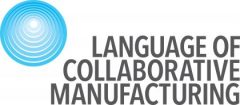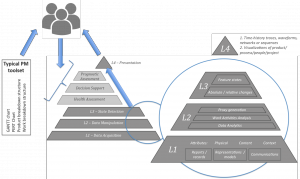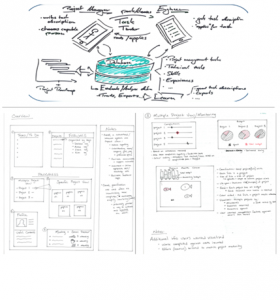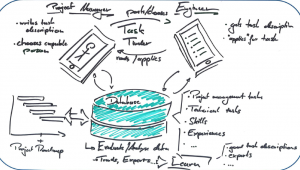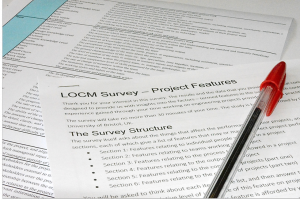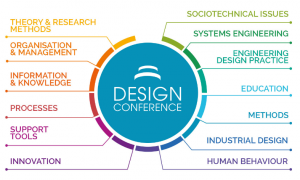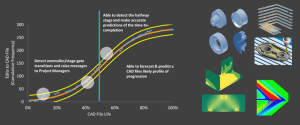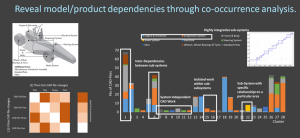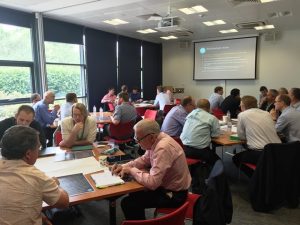The focus over this period has been two-fold: The first has dealt with consolidating the various analyses associated with each case study (data set) while the second has been to develop our approach for capturing user requirements and context(s). In the former work has continued across the four case studies associated with a Formula Student team and our other industrial partners. For the latter we have developed a combined survey and interactive workshop for potential users.
During this quarter four conference papers have been accepted for publication and are to be presented in Croatia in May and Chicago in June. In addition to this a journal article associated with the automated typing of topics in email associated with engineering projects has been submitted to the Journal of Advanced Engineering Informatics.
In addition to preparing the data set and planning analysis, Dr Emanuel has been interviewing the project manager on a monthly basis to understand the issues faced and user needs, with the aim of distilling a set of requirements for an FS dashboard. Interviews and analyses are ongoing, with two main focuses. First, requirements extraction will centre on supporting the project manager’s work flow, decision making capabilities and needs regarding issue/problem support across the 22 week build period. Second, the interviews will be used to understand the prevalence or importance of the project features, developed by Dr Snider, at different points in the build life cycle. Dr Emanuel has used the previous year’s CAD model as boundary object to communicate where work and issues are occurring as they develop this year’s car. The aim is to match these annotations to occurrences in CAD activity:
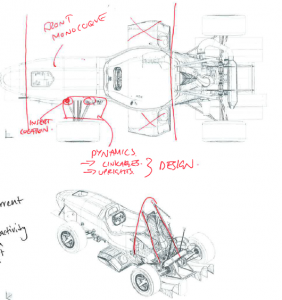
We’ve also been undertaking lots of other work in collaboration with our industrial partners, such as a tool that predicts project complexity and duration with over 75% accuracy after the project is around 30% completed. Another tool we have developed automatically connects and visualises people, topics and reports. This is being used initially as a tool to map and identify competencies, but we hope to expand it into a tool to support the creation of technology road maps also – watch this space!
Finally, we were delighted to host Dr Heli Aramo-Immonen from Tampere University of Technology. Dr Aramo-Immonen is collaborating with Dr Joel-Edgar on visualisations to support knowledge management.
